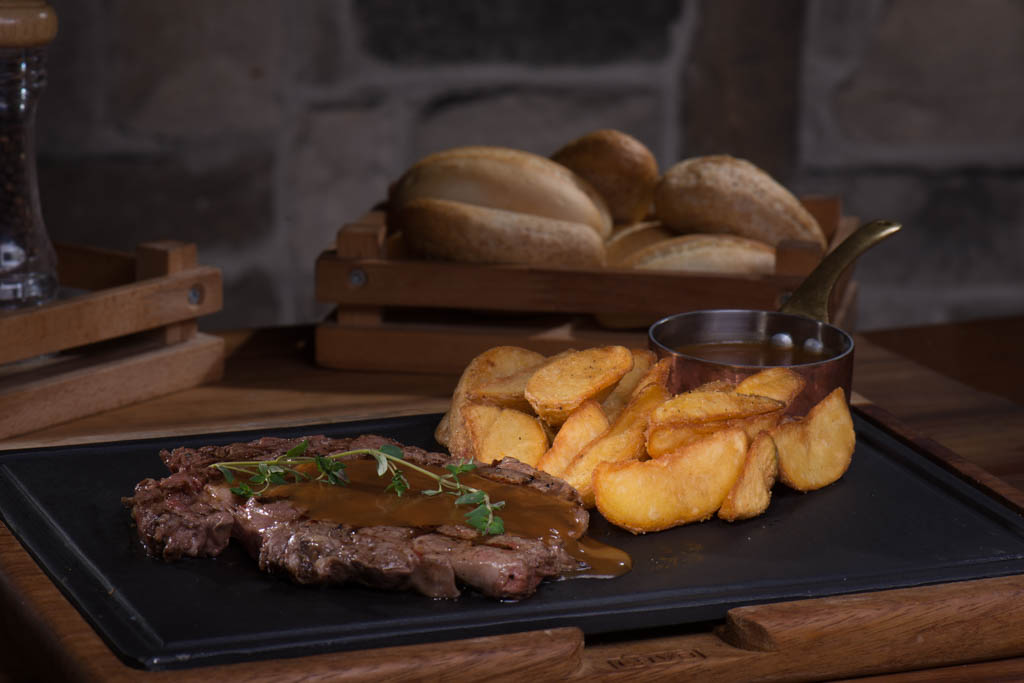Omaha poker, often seen as a close cousin to Texas Hold’em, offers a different set of challenges and strategies that can appeal to players looking for a complex and nuanced game. Omaha poker tournaments bring these elements into a competitive format, testing players’ skills in a multi-table environment. This article explores the structure, rules, and strategies unique to Omaha poker tournaments.
Understanding Omaha Poker Tournaments
Basics of Omaha Poker: Omaha is typically played in a high format but can also be found in high-low split versions. The game starts with each player receiving four hole cards, which is double the number in Texas Hold’em. Players must use exactly two of their hole cards in combination with exactly three of the five community cards to make their best five-card hand. This requirement significantly influences strategic decisions compared to Texas Hold’em, where any Jeetwin Casino combination of hole and community cards can be used.
Tournament Structure: An Omaha poker tournament involves multiple tables with a fixed number of participants who compete to win chips from their opponents. As players lose all their chips, they are eliminated from the tournament. Tables are rebalanced to ensure each table has a similar number of players until the tournament progresses to a final table, and eventually, a winner is declared.
Key Features of Omaha Poker Tournaments
Blind Levels: Similar to other forms of poker tournaments, Omaha tournaments feature escalating blinds and, occasionally, antes. The blinds increase at regular intervals according to a predetermined schedule, which adds pressure to the gameplay by accelerating the pace and forcing players to make moves to maintain a healthy stack.
Pot-Limit Betting: Most Omaha tournaments are played in a pot-limit format, meaning the maximum bet at any time is the current size of the pot. This betting structure puts a cap on aggressive betting and bluffs, making pot calculations and betting strategies more complex and nuanced.
Multi-Way Pots: Omaha is known for its action-oriented play due to the number of possible hand combinations. Tournaments often see multi-way pots more frequently than Texas Hold’em tournaments, creating dynamic and unpredictable outcomes.
Strategies for Success in Omaha Tournaments
Starting Hand Selection: Good starting hands in Omaha poker tournaments often consist of hands that can make the nuts (the best possible hand) and have good drawing potential. Hands with suited connectors, high pairs, or a combination of both can offer significant advantages. Players should be more selective with starting hands than in Texas Hold’em due to the complexity of having multiple hole cards.
Understanding Equity Shifts: Omaha hands often run close in terms of equity before the flop, but equities can shift dramatically as community cards are revealed. Successful tournament players are those who can accurately assess how the flop affects their hand strength and their opponents’ potential hands.
Bluffing and Semi-Bluffing: While bluffing is more challenging in pot-limit and with multi-way pots, there are strategic opportunities to execute well-timed bluffs and semi-bluffs. Semi-bluffing with a strong drawing hand can be an effective way to build the pot for times when you do make your hand, or to win outright if your opponents fold.
Adapting to Opponents: In a tournament setting, adapting your play to the tendencies and strategies of your opponents is crucial. Observant players will adjust their strategies based on whether their opponents are playing too loosely, too tightly, or making incorrect pot odds calculations.
In conclusion, an Omaha poker tournament offers a thrilling and strategic variant of poker that requires a deep understanding of hand values, pot odds, and game theory. The complexity of having to use exactly two hole cards and three community cards introduces a distinctive strategic depth that can be both challenging and rewarding for poker enthusiasts. Whether you are a seasoned Texas Hold’em player looking for a different challenge or an Omaha expert, participating in an Omaha tournament can significantly enhance your poker skills and strategic thinking.







